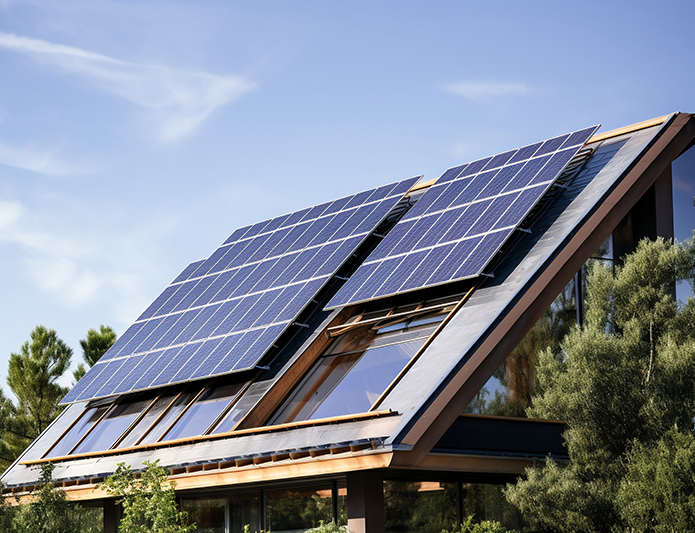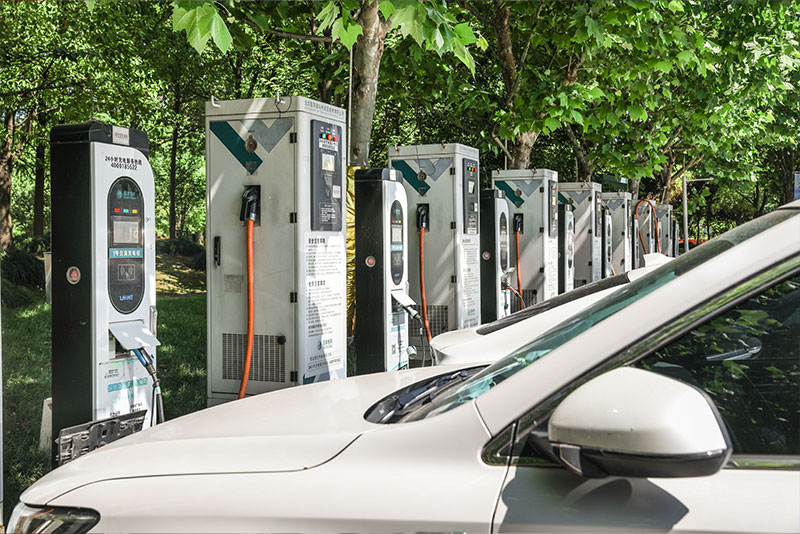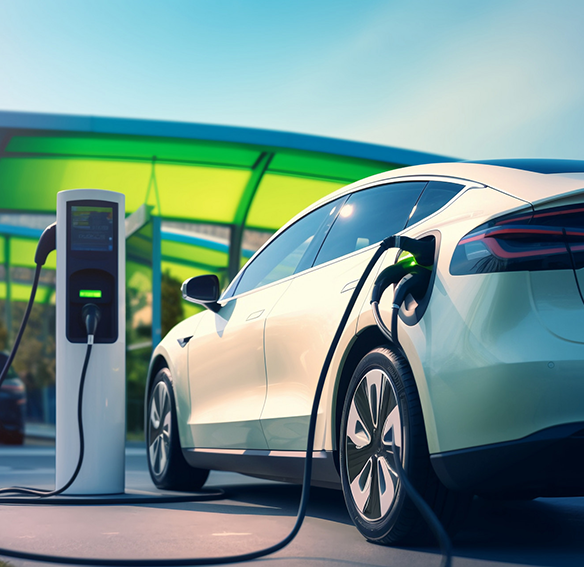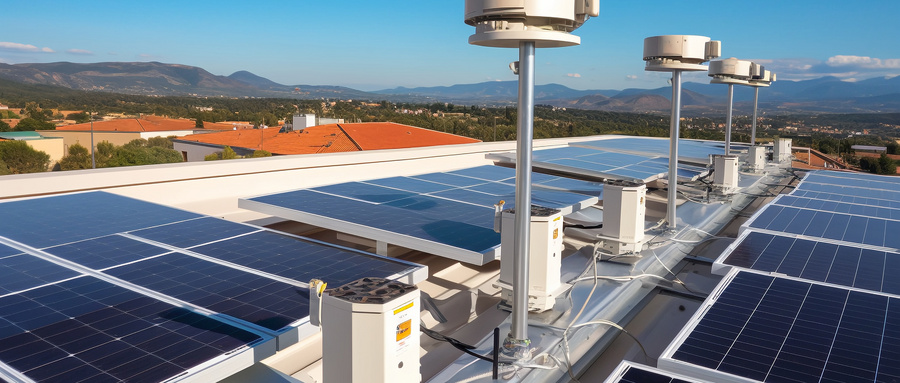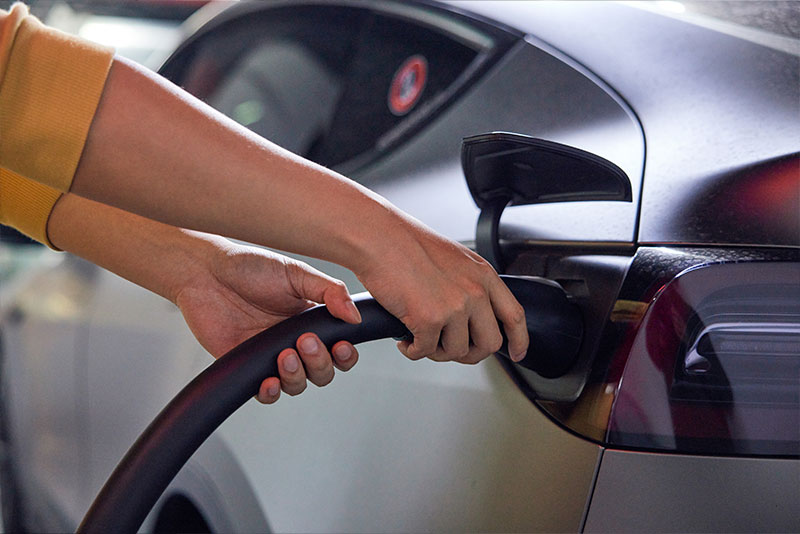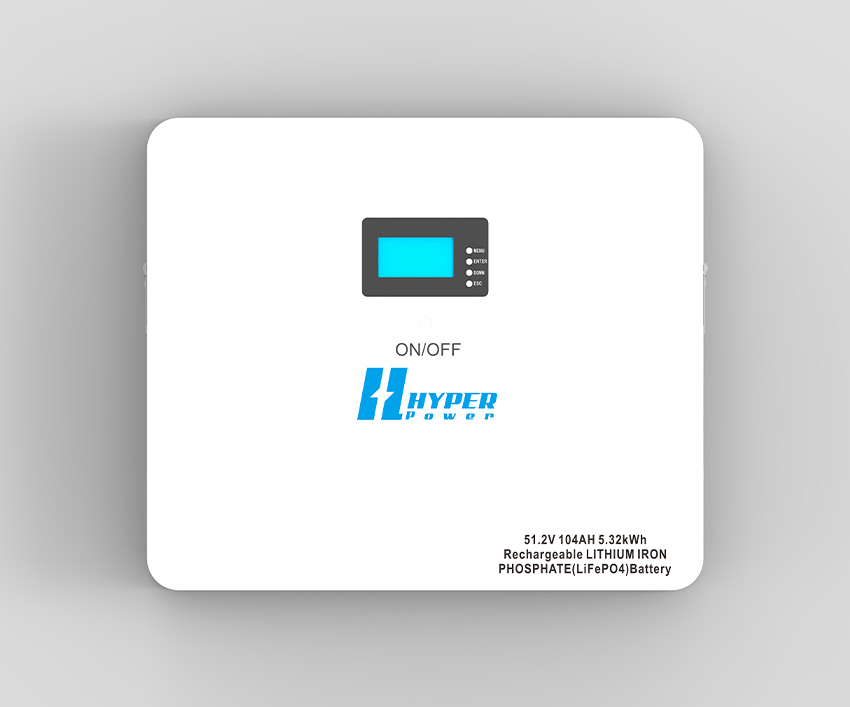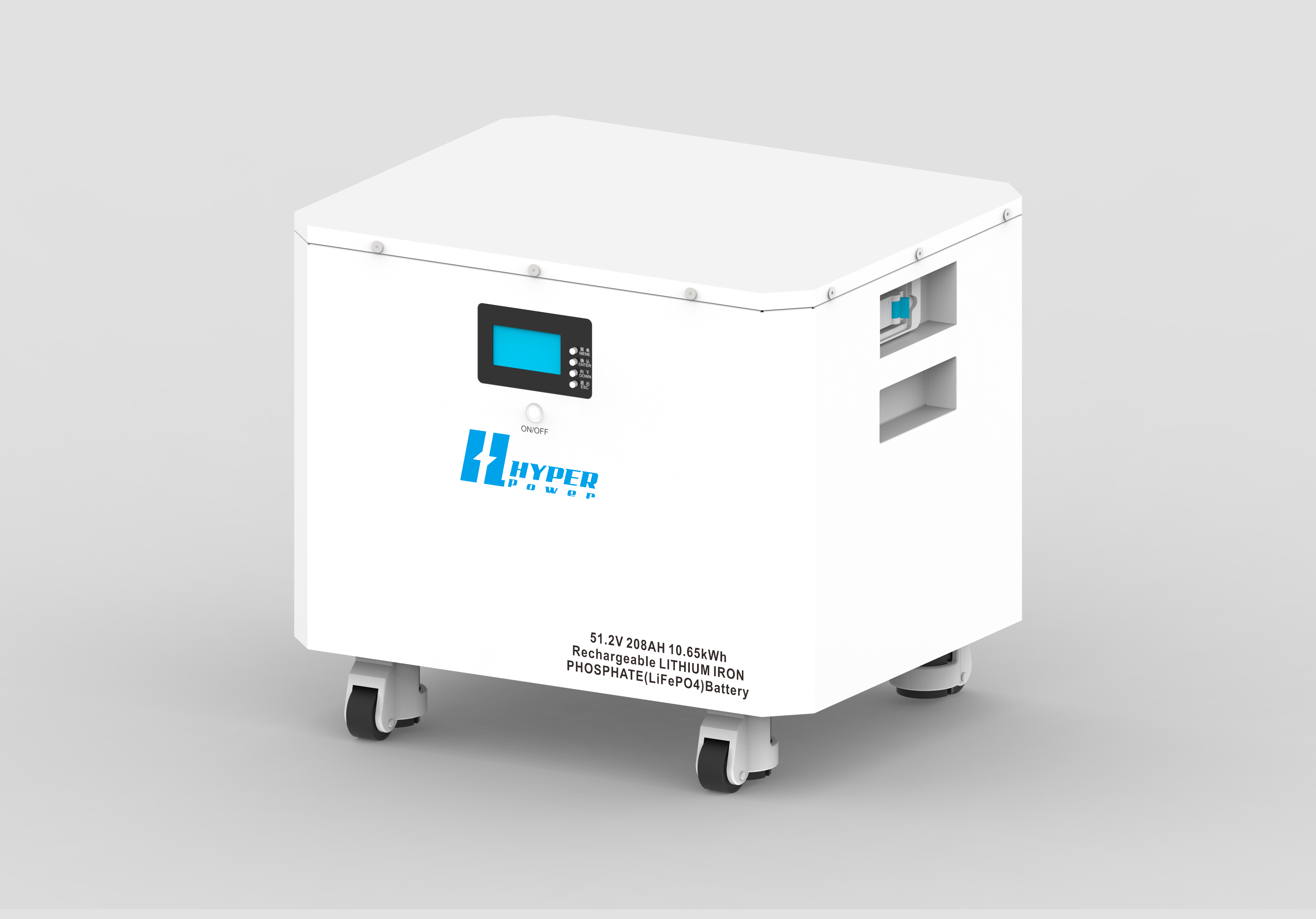A Beginner’s Home Solar Battery Guide
The shift toward renewable energy has never been more urgent, and home solar energy systems are at the forefront of this movement. As concerns about climate change and sustainability grow, more homeowners are considering how they can reduce their carbon footprint while also saving on energy bills. One essential component that can make solar power more reliable, flexible, and cost-effective is the home solar battery. In this detailed guide, we will explore what home solar batteries are, how they work, the benefits they offer, and how to select the right home solar battery pack for your specific needs.
Whether you're considering going solar for the first time, or you're looking to enhance your existing system, this guide will provide all the foundational knowledge to help you make informed, confident decisions.
What Is a Home Solar Battery?
A home solar battery is an energy storage system designed to store the electricity generated by your solar panels. It acts as a backup power supply and optimizes the use of your solar energy by storing excess power generated during the day for later use, especially during periods when the solar panels aren’t producing electricity—such as at night or on cloudy days.
This allows homeowners to make full use of their solar energy system, reducing reliance on the electrical grid and ensuring that solar energy is available whenever it’s needed. The batteries are most commonly based on lithium-ion technology, though other types, such as lead-acid and saltwater batteries, are also available in some markets.
Why Is a Home Solar Battery Important?
Without a battery, any extra energy produced by your solar panels during the day is fed back into the grid, where it is typically lost unless you’re on a net metering plan (where the grid compensates you for this excess). With a home solar battery pack, however, you can store that excess energy and use it later, either to save money or provide backup power during grid outages.
In the case of a power outage, the battery can automatically disconnect from the grid and provide backup power to essential appliances. This feature is especially valuable for regions where the power grid is unreliable or prone to frequent disruptions.

How Does a Home Solar Battery Work?
A home solar battery essentially acts as a storehouse for electricity. Here’s a detailed breakdown of how the entire process works:
1. Energy Generation from Solar Panels
When sunlight hits your solar panels, they convert it into direct current (DC) electricity through a process called the photovoltaic effect. The more sunlight your panels receive, the more energy they generate. However, in many cases, this energy is not immediately needed. This is where the home solar battery comes into play.
2. Energy Conversion via Inverter
Once the solar panels generate electricity, it is fed into an inverter. The inverter’s role is to convert the DC electricity into alternating current (AC) electricity, which is what most home appliances use. Without this conversion, the energy generated by your solar panels would not be compatible with the electrical system in your home.
3. Energy Storage in the Solar Battery
When the energy is not needed right away, the home solar battery stores this excess energy. The battery stores energy in the form of DC power, just like your solar panels generate. When energy is stored in the battery, it can later be converted and used by your home as needed.
The amount of energy your battery can store depends on its size (measured in kilowatt-hours, or kWh), which is directly related to your energy consumption needs.
4. Energy Discharge from the Solar Battery
At night, or during periods when your solar panels aren’t generating energy (such as on cloudy days), the stored energy in your home solar battery can be discharged to power your home. The battery will release its stored DC energy into the inverter, where it will be converted to AC power for use by your home.
The battery is automatically controlled by a system that ensures energy is stored when it’s plentiful and used when you need it. This process is seamless and requires minimal involvement from the homeowner.
Benefits of Installing a Home Solar Battery
Installing a home solar battery pack offers several substantial benefits. Here’s a deeper dive into the advantages of having one:
1. Energy Independence and Reliability
The most significant advantage of a home solar battery is the increased energy independence it provides. With a solar battery, you are no longer entirely reliant on your local power grid for electricity. By storing energy generated by your solar panels, you can use it when needed, reducing or eliminating your need to purchase power from the grid.
This energy autonomy is especially valuable if you live in an area where the power grid is unreliable or subject to frequent blackouts. Solar batteries provide you with a reliable and consistent power source, ensuring that your home remains powered even during times when the grid is down.
2. Backup Power During Outages
In addition to providing energy independence, a home solar battery pack serves as a backup power source in the event of a power outage. Without a battery, your solar system will shut down during a blackout due to safety regulations. However, with a battery in place, your system can continue to operate autonomously. This allows you to keep critical appliances running, such as refrigerators, lights, medical devices, or heating systems.
Battery-backed solar systems can be particularly useful in areas prone to wildfires, storms, or other events that cause frequent power outages. Having reliable backup power gives homeowners peace of mind, knowing they won’t be left in the dark during emergencies.
3. Maximizing Solar Energy Use
When your solar panels generate more electricity than you need, the excess energy is usually sent to the grid (unless you’re using a battery). However, most homeowners are not compensated in a way that makes this energy return worthwhile. With a home solar battery, you can store this excess energy and use it later. This maximizes the efficiency and value of your solar panels.
By utilizing stored energy when the sun isn’t shining, you reduce your reliance on grid power, which can be particularly expensive during peak usage hours. This makes the investment in solar panels even more worthwhile, as you can ensure you’re using all the energy your system generates.
4. Lower Electricity Bills
Many electric utility companies charge more for electricity during peak hours—typically in the late afternoon and early evening. By storing excess solar power generated during the day and using it during peak hours, you avoid purchasing electricity from the grid at higher rates. This leads to a reduction in your monthly electricity bills.
In regions where utility rates are high or where peak demand charges apply, a solar battery can pay for itself in savings over time.
5. Environmental Benefits
One of the primary reasons people switch to solar energy is to reduce their carbon footprint. By using solar energy instead of fossil fuels, you significantly cut down on greenhouse gas emissions. Adding a home solar battery pack further amplifies this benefit, as it allows you to store more renewable energy for later use, reducing the need for non-renewable energy sources.
By investing in solar and energy storage, you are not only saving money but also contributing to a cleaner, more sustainable future.
Choosing the Right Home Solar Battery Pack
When selecting a home solar battery pack, it’s essential to consider various factors to ensure it meets your energy needs. The right choice will depend on your household’s energy consumption, the size of your solar system, your budget, and other personal preferences. Here’s what to consider:
1. Battery Capacity
Battery capacity refers to how much energy a battery can store, and it’s typically measured in kilowatt-hours (kWh). The larger the battery capacity, the more energy it can store. To choose the right battery size, you should estimate your average daily energy consumption and match it with the battery capacity.
A typical homeowner might require anywhere between 5 kWh and 15 kWh of storage, depending on the size of their solar array and their energy usage patterns. If you’re only looking to store enough energy to power essential appliances, a smaller capacity may be sufficient. However, if you want to rely entirely on solar energy throughout the day and night, a larger battery will be necessary.
2. Depth of Discharge (DoD)
Depth of discharge (DoD) refers to the percentage of the battery’s total capacity that can be safely used before it needs to be recharged. A higher DoD allows you to use more of the energy stored in the battery before it reaches its low point. A typical home solar battery has a DoD of around 80%, meaning you can use 80% of the energy stored in the battery without causing damage to it.
Choosing a battery with a higher DoD ensures that you’re maximizing the use of the energy you store, thus increasing the overall efficiency of your system.
3. Battery Efficiency
Battery efficiency is another important factor to consider when selecting a home solar battery pack. Efficiency refers to how much energy is retained in the battery after the charging and discharging process. For example, if a battery has an efficiency rating of 90%, this means that 90% of the energy put into the battery will be available for use, while the other 10% is lost.
High-efficiency batteries allow you to store and use more energy, making them a better value for your investment.
4. Lifespan and Warranty
The lifespan of a home solar battery is usually measured in charge cycles. A charge cycle represents one full discharge and recharge of the battery. Most home solar batteries are designed to last anywhere between 10 to 15 years, depending on usage and quality.
It’s important to check the warranty offered by the manufacturer. A longer warranty period provides peace of mind and ensures that your battery will continue to perform efficiently throughout its lifespan.
5. Cost
The cost of a home solar battery pack varies depending on factors such as brand, capacity, and features. While the upfront cost of solar battery storage systems can be significant, it’s essential to consider the long-term savings on your electricity bills and the value the battery will add to your home.
In addition to the cost of the battery itself, you should factor in the cost of installation, maintenance, and any additional components, such as inverters or charge controllers.
Conclusion
A home solar battery guide would be incomplete without considering how a solar battery can optimize your solar energy system, improve your energy independence, and reduce your reliance on the grid. By understanding the inner workings of home solar batteries, their benefits, and how to select the right battery for your needs, you can make an informed decision that will provide long-term savings and contribute to a greener planet.
Whether you're looking to secure backup power during outages, store excess energy, or reduce your monthly electricity bill, a home solar battery pack is an essential investment that enhances the value and efficiency of your solar system.
As you consider adopting solar energy and adding a storage solution, remember to assess your energy needs, budget, and goals. With the right home solar battery, you’ll be on your way to a more sustainable and energy-efficient future.
Blog

Maximizing Energy Independence with Home Lithium Battery Storage

How Residential Photovoltaic Energy Storage Systems Empower Sustainable Homes
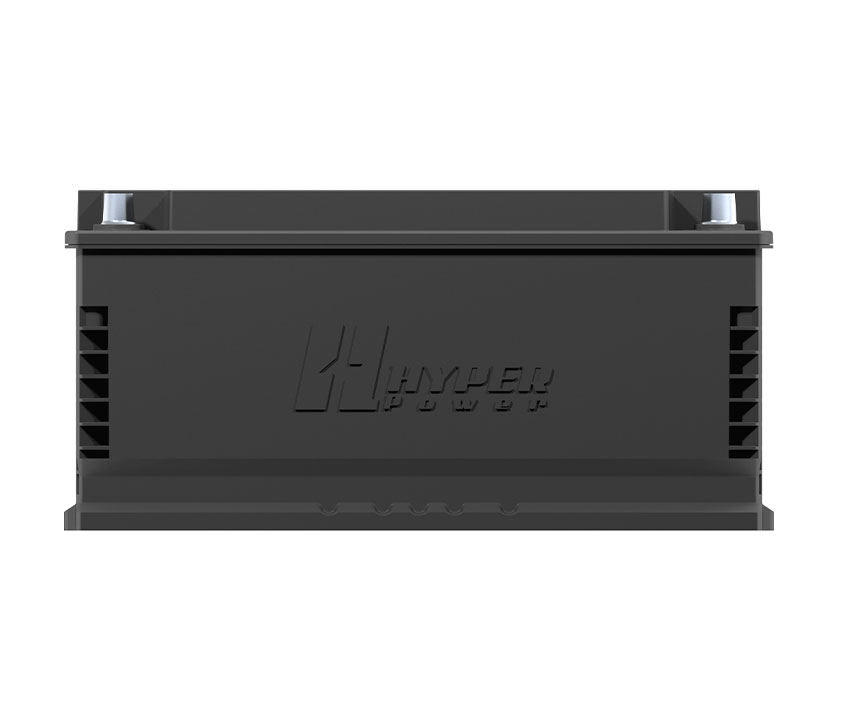
Why the 12V Lithium Ion Car Battery is the Smarter Automotive Power Solution — Insights from JEJE Energy
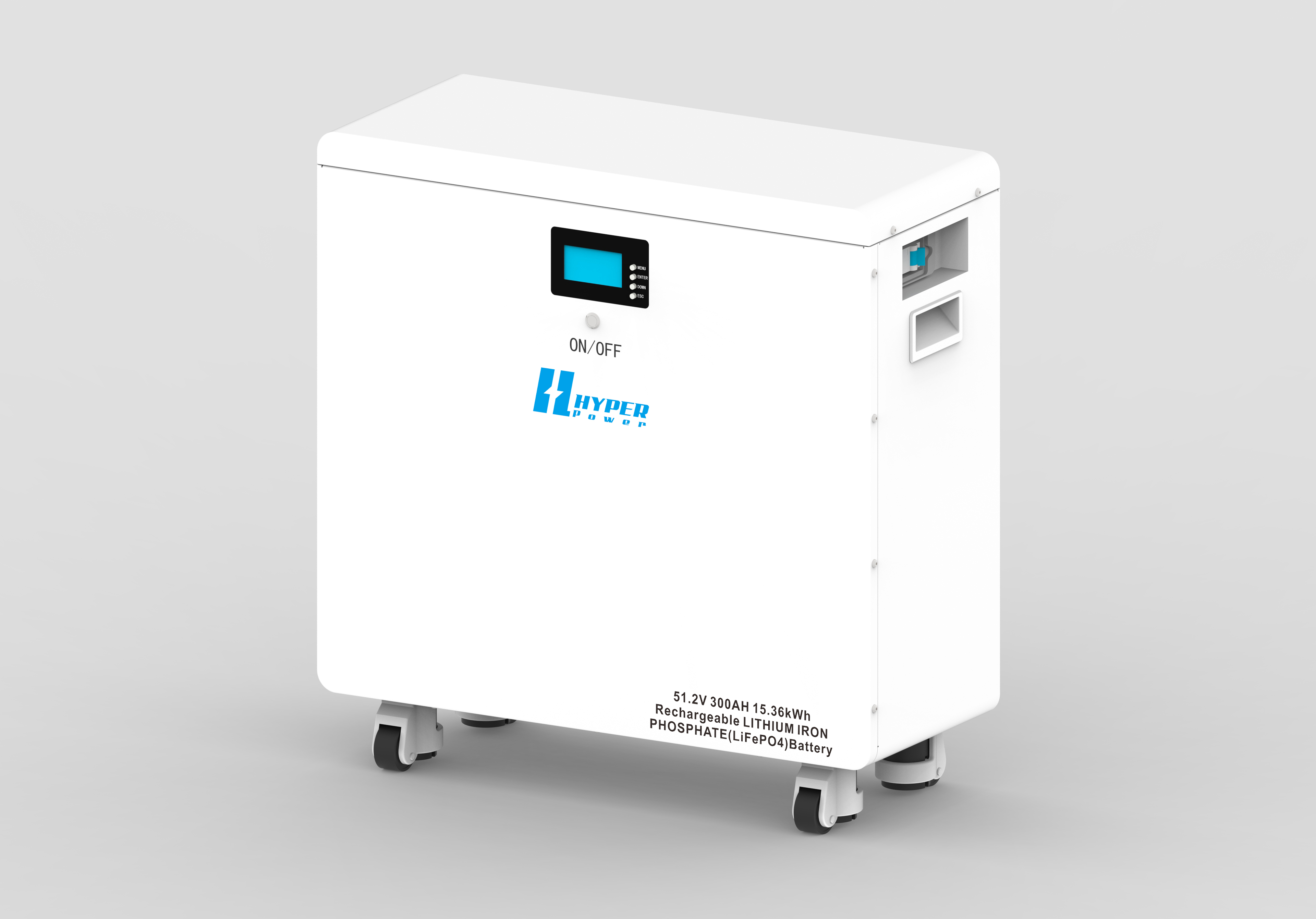




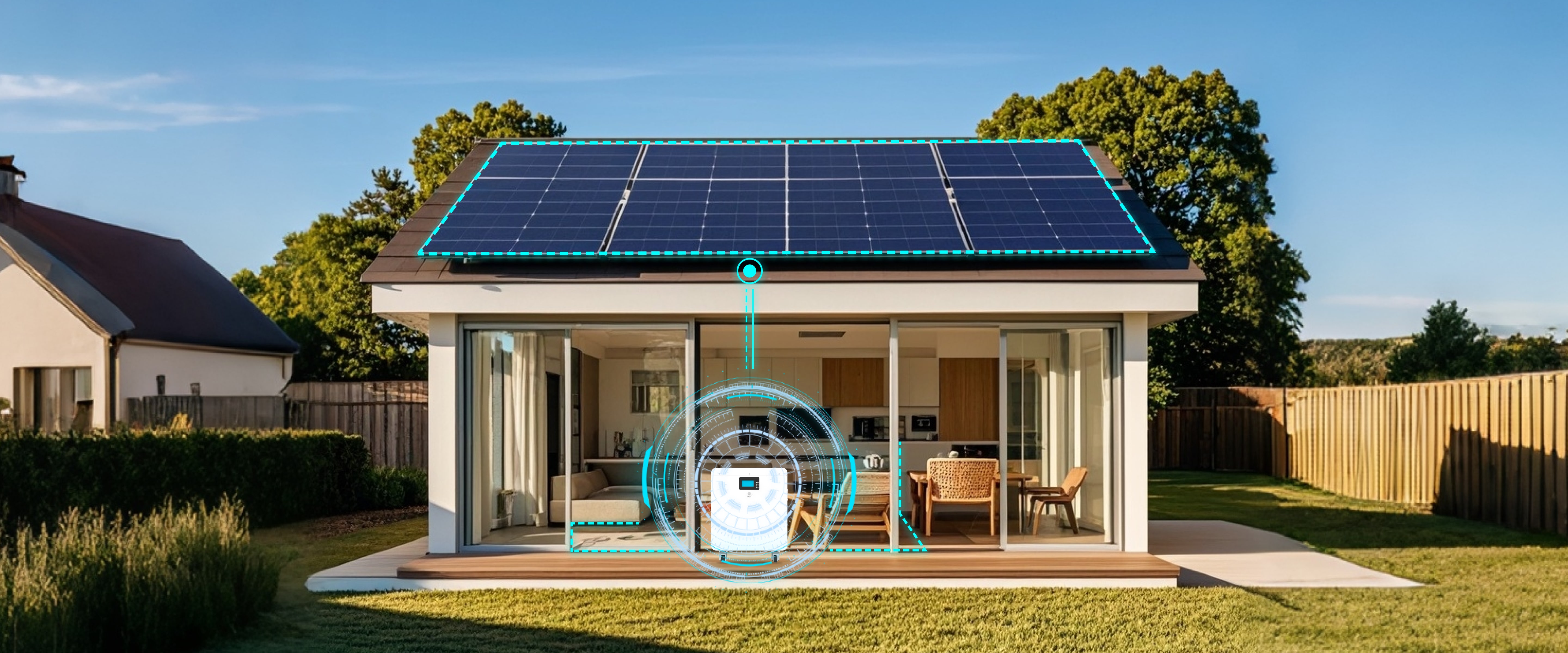



-Charging.png)
.jpg)






